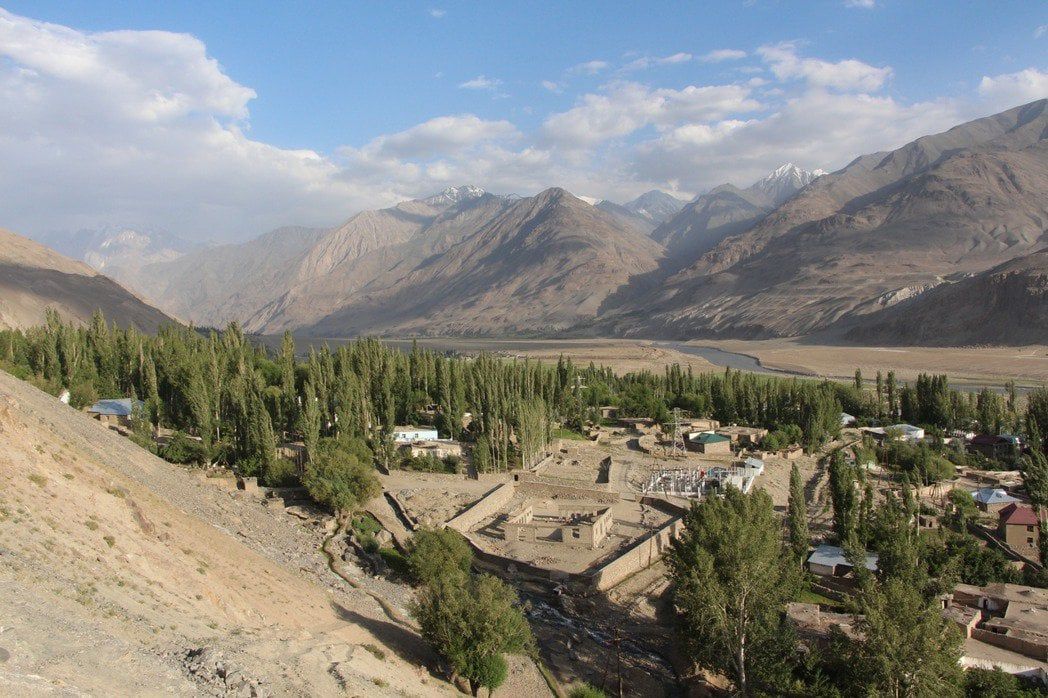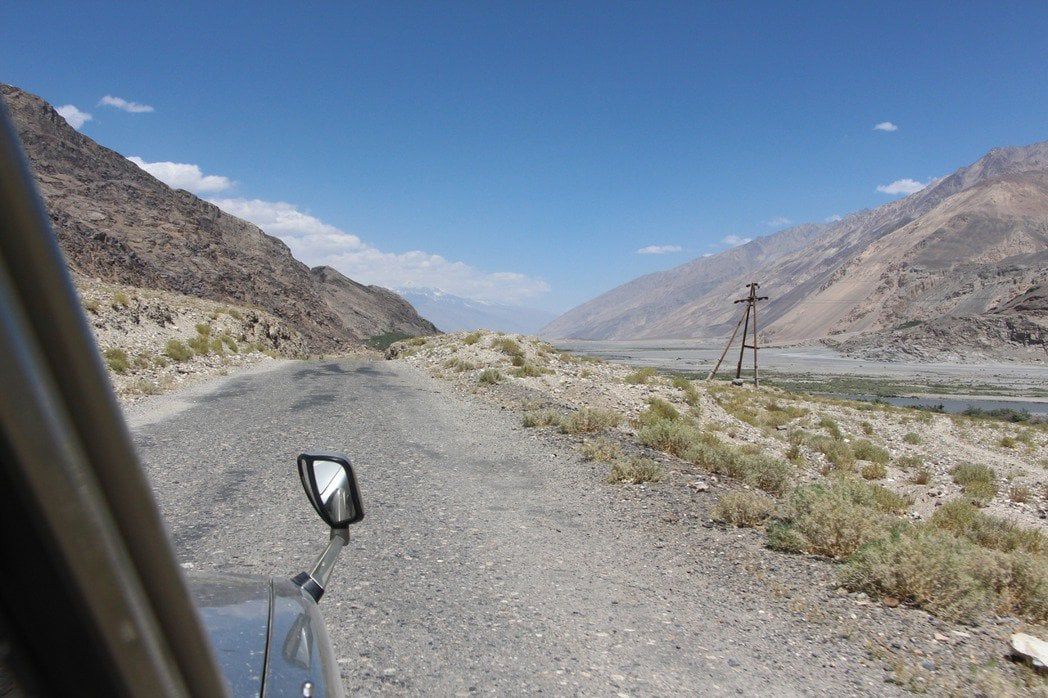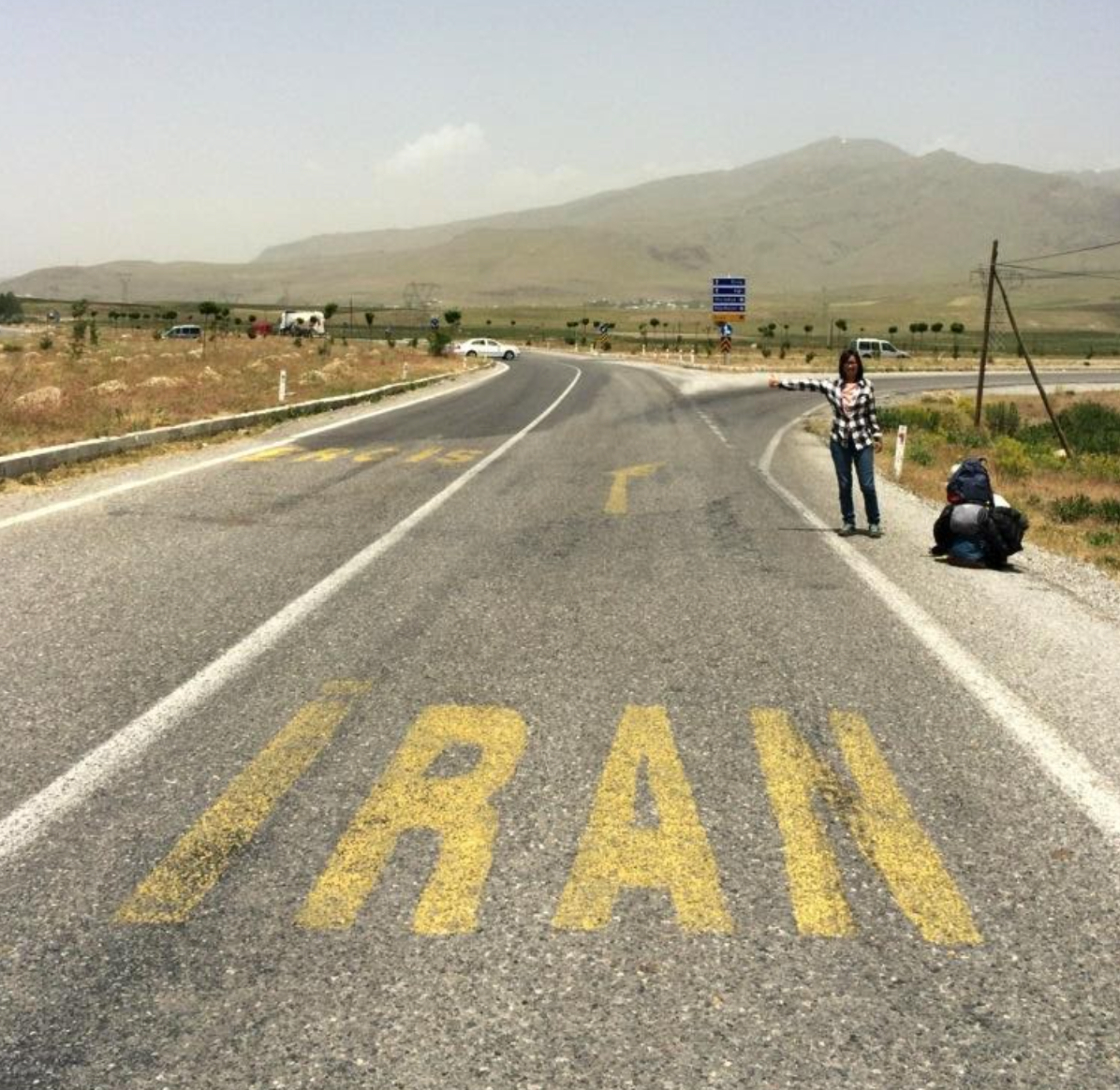
記者/譯者
Isn't hitchhiking dangerous? "Hitchhiking is not a random thing" online new book discussion

To me, Afghanistan is a bit of a North Korean/North Korean existence: I've "looked" across the country's border many times, back and forth, but never actually went in.
The first time I looked at Afghanistan was in 2007, starting from Kashgar, Xinjiang, and taking the China-Pakistan Highway to Khunjerab; after passing Tashkurgan, there was a wide river valley on the right hand side. When I looked at the map, I found the river valley. At the end, it turned out to be the Wakhan Valley in Afghanistan.
Perhaps it was because I was still young at that time, and the "war on terror" of the US military in Afghanistan was in full swing. So even though the valley was covered with grass and decorated with yellow flowers, I still couldn't help but feel that far away. At the other end, there seems to be an atmosphere of unease looming over it.
The second time I looked at Afghanistan was in 2017 when I hitchhiked in the Pamirs of Tajikistan.
At that time, I deliberately forked the Pamir Highway and went to the Wakhan Valley to travel along the Penchi River to see what Afghanistan looks like at close range.
Since Afghanistan is on the other side of the river, half of the scenery along the way to hitch a ride along the river belongs to Afghanistan; some sections of the river narrow, and if you throw a stone, you can hit the Afghans on the opposite side.

But really, my closest experience to Afghanistan was not on the border, but when I hitchhiked in Turkey in 2015.
At that time, I was leaving from Van, a big city in eastern Turkey, and was going to Doğubeyazıt near the Iranian border, but the truck I picked up did not want to go to Iran, so the driver let me get off at the fork in the road to Iran.
Having said this, I want to praise the Turks again - I have never seen a country more suitable for free-riding than Turkey. At that time, not long after I got off the bus, I stopped another car heading for Iran, waiting for the bus, Changing trains is simply more convenient than taking a train or a passenger car.
But this time, it was not a normal truck, but a car with a few teenagers who didn't look like a Turk sitting in it.
When I asked out of curiosity, I found out that the passengers were all Afghans and were on their way back home: they had to go to the border between Turkey and Iran, then change trains to cross the whole of Iran, and finally return to Afghanistan.


So I checked later and found out that since the start of the "war on terror" in the United States, many Afghan refugees have settled in Turkey. Turkey is worthy of being a relay station and a destination for refugees from the Middle East. In fact, when I hitchhiked on the Mediterranean coast of Turkey , and often see Syrian refugees waiting for the opportunity to smuggle.
Later, when I mentioned this hitchhiking to my mother, she raised her voice as always: "Hitchhiking is dangerous enough, you still ride with Afghans?" For her, Iran, Afghanistan, refugees, They were all words that she only saw in the battlefield news, so they were all words that could sound the alarm of motherhood.
But then again, every time I mention hitchhiking to someone, the question I get asked most often is, "Is hitchhiking dangerous?"
To be honest, when I tried hitchhiking for the first time, I was actually terrified.
It wasn't until I became more and more experienced in free-riding and read some information on the history of free-riding that I gradually realized that in the history of mankind, free-riding has always been a very common way of moving; if you have read If you have read "Hitchhiking is not a random thing", you will probably know that, in fact, to this day, in some ex-communist countries, hitchhiking is still a means of transportation that ordinary people rely on.
So perhaps a better way to ask the question mentioned above would be: When did hitchhiking start to become dangerous? Or, why on earth do we feel free-riding is dangerous?
Is it because you have to spend a lot of time in the car with strangers? Or is it because hitchhiking is fraught with uncertainty and there is no clear train/bus schedule to fall back on?
More importantly, was there any danger I had really encountered over the years of hitchhiking?
All of the above, I have tried to discuss in "Hitchhiking is not a random thing", but if you don't want to read too many words (oh no, so how can you still see this?), this Saturday night, Lianjing Publishing House held an online symposium on the new book, and invited Yang Zonghan, the author of "Notes from an Empty House", to talk with me about the thousands of reasons for free-riding, and whether free-riding is dangerous or not.

Zonghan is an author I admire; he, like me, often uses hitchhiking as a means of movement.
But there is still a difference between us: for me, hitchhiking is the way to enter the field/report scene, or the way I use to get close to the locals in exchange for stories; for Zonghan, hitchhiking It is more like an "attitude to life", carrying his reflections on modern society and capitalism.
But no matter how different free-riding means to us, one thing should be in common: Free-riding is a way for us to "reset our worldview."
If you're free this Saturday night, you're welcome to set aside an hour and a half to join us on a virtual ride as well!
◆“Hitchhiking makes strangers no longer unfamiliar? An online conversation on the new book “Hitchhiking is not a random thing””◆
Time|August 28 (Sat) 20:00-21:30
Speaker|Li Yian (author of this book)
Yang Zonghan (empty house note - free free board owner)
Registration| https://reurl.cc/R0pVx6
—Detailed event information —
① The series of lectures will be held online on Zoom and will be broadcast simultaneously on the fan page of "Lianjing Publishing"
② The number of places is limited, and the Zoom meeting room adopts the registration system
Like my work?
Don't forget to support or like, so I know you are with me..
Comment…